State Responsibility under International Law
Introduction
State responsibility is one of the most complex concepts in international law. This complexity arises from the difficulty in defining the elements of a state and determining how a state can be held accountable for the actions of its various organs, officials, or citizens. The challenge lies in clearly analyzing and attributing responsibility to the state for actions that are considered violations of international law.
When we talk about a state being responsible, we must consider "responsible to whom" and "responsible for what." A state is a legal entity, not something entirely separate from the people living within it. Therefore, when we discuss state responsibility, we're actually referring to the actions of individuals, officials, or other entities within the state who act on behalf of the state.
A state must exercise control over its territory, citizens, and officials to ensure they do not violate any international agreements. If an individual, a group, or an organ of the state commits a violation, the state becomes responsible, and the legal consequences of that responsibility follow.
State responsibility assumes that a state effectively controls its territories, nationals, officials, and infrastructure. If the state fails to do so, and individuals commit actions that violate international law, the state may be held accountable to foreign nationals, companies, or other states.
It's important to note that nationality alone does not make a state responsible for an individual's actions. The mere fact that someone is a citizen of a particular state does not automatically make that state responsible for their violations of international law. This is a common misconception but is incorrect under the law of state responsibility.
The concept of the state is central to international law, as states are the primary subjects of international law. State responsibility arises when a state commits a wrongful act against another state, and every state has a legal obligation not to use or threaten to use force against others.
Responsibility and liability are closely related concepts. Liability arises when there is a violation of a right or a public duty, leading to a wrongful act. In international law, rights and duties are often established through conventions or treaties, and they are correlative; if one state has a right, another has a corresponding duty.
When a state commits a wrongful act, it becomes responsible or liable to the aggrieved state whose rights have been violated. In international law, the actions of government officials carry great responsibility. Whatever they say or do must align with international legal principles. If they act inconsistently, they risk making the entire state responsible for their actions. If officials are unaware of the consequences of their actions or how they are perceived internationally, they could embarrass the government or state, making the state liable for their conduct.
Where can we find laws on state responsibility?
Laws on state responsibility can be found in various sources like precedents, state practices, and customs. However, you won't find them directly laid out in a single treaty. There is, though, one key instrument that outlines the principles of state responsibility: the draft articles on state responsibility, prepared by the International Law Commission.
The International Law Commission is a highly respected body of international lawyers. Its role is to identify areas where international law needs further development and to draft formulations that make it easier for analysts, practitioners, and states to apply and understand the law in those areas.
Definition
State responsibility refers to the circumstances under which an injured state becomes entitled to seek redress for damages it has suffered.
Types of State Responsibility
Direct Responsibility:
- Responsibility of State Organs: This includes the responsibility of the state's organs, administrative departments, and agencies—essentially, all individuals who carry out the regular functions of the state.
- Executive/Administrative Departments: This involves the responsibility of those who handle the day-to-day operations of the state, such as heads of departments, heads of government, heads of state, or other authorized persons. If these individuals violate any rights or obligations that the state has ratified at the international level, the state is directly responsible to the aggrieved state.
- Acts of the Judiciary: If courts issue judgments that violate international conventions or treaties, the state is directly responsible for these acts of its judiciary.
- Acts of Armed Forces: When members of the armed forces, acting in their official capacity under state command, violate any international convention or treaty, the state is directly responsible for these violations.
- Diplomatic Representatives: If a diplomatic representative (such as an ambassador) commits an act on the command of the sending state, the representative has immunity, but the sending state is directly responsible for the actions taken under its command.
Indirect Responsibility (Vicarious Liability):
- This type of responsibility arises when individuals within the state, who are not authorized representatives (e.g., citizens, foreigners, or alliances), violate the state's international obligations. In such cases, the state may be indirectly responsible.
- Acts of Mobs: If a group of people within the state acts in a way that violates international laws, the state may be indirectly responsible for these violations.
- Insurgents: Similar principles apply to actions taken by insurgent groups.
Drafted Articles on State Responsibility for Wrongful Acts Violating International Law
- Attribution of Act or Omission: It is essential to attribute the act or omission to the state.
- Violation of Obligation: It is essential that there is a violation of an obligation or duty under international law.
Basics of State Responsibility
State responsibility is determined by three key factors:
- All states have a legal obligation to ensure that no wrongful act is committed by them.
- The wrongful act must cause injury to another entity, resulting in loss or damage.
- The act in question must be committed by the state.
If these factors are met, the state is held responsible for the act.
Fault
State responsibility is generally understood through two main theories:
- Risk Theory: This theory suggests that a state is strictly responsible if any of its organs commit a wrongful act, whether the state is directly or indirectly involved.
- Fault Theory: According to this theory, the state is responsible if there is evidence of intent or negligence.
There has been considerable debate about which theory is more applicable in international law, with most jurists favoring the risk theory.
Reparation
The party that committed the wrongful act is responsible for making reparations to the injured parties. The liable party is expected to restore the injured party to the original condition before the wrongful act occurred. If restitution is not possible, the responsible party must provide compensation, such as monetary reparations, to return the injured party to their previous state before the act occurred.
Another form of reparation is satisfaction, which is often more appropriate than compensation in cases of moral damage. This may include actions such as an official apology, punishment of guilty officials, or nominal damages.
Conclusion
State responsibility implies that a state has either direct or indirect accountability for violations and wrongful acts committed by state officials or individuals. The International Law Commission is highly regarded among international lawyers, continually working to develop international law and providing drafts that help analysts, practitioners, and states to understand and apply the law. State responsibility is a complex concept in international law, as it involves defining the elements of the state and determining how the state can be held accountable for actions attributed to it, which makes a clear analysis challenging.
Share
Tags
Archive
Popular & Recent Post






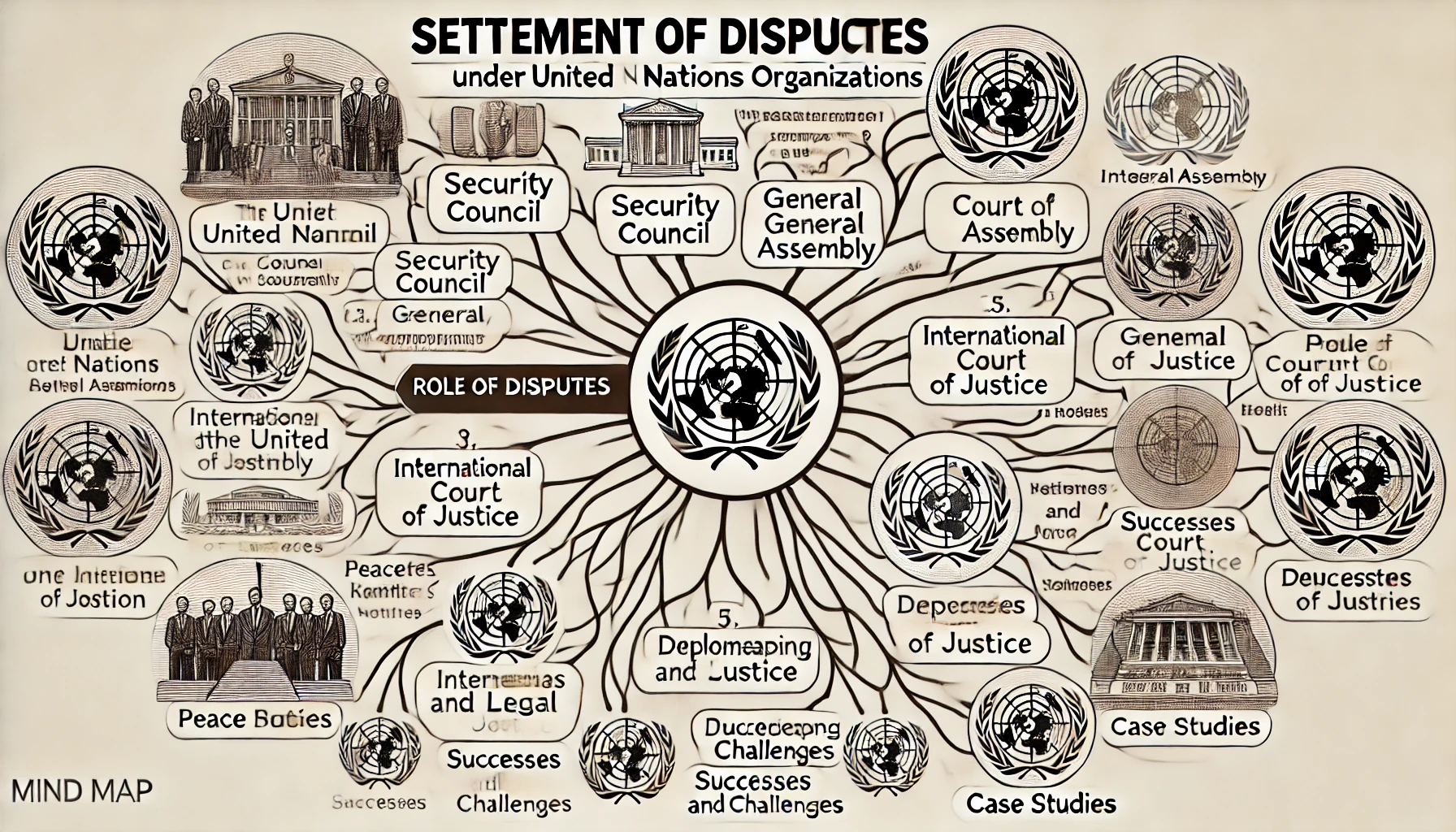
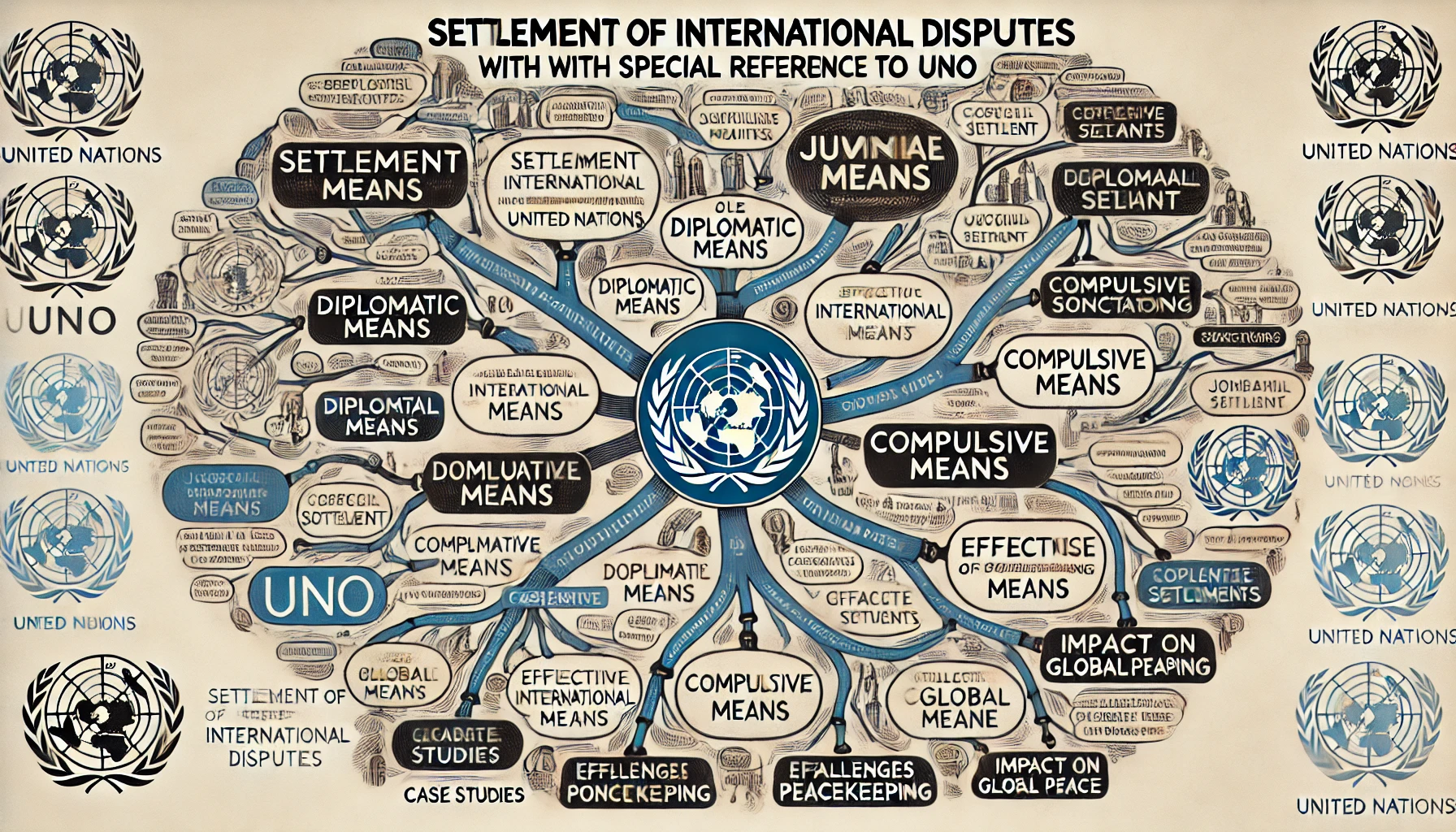
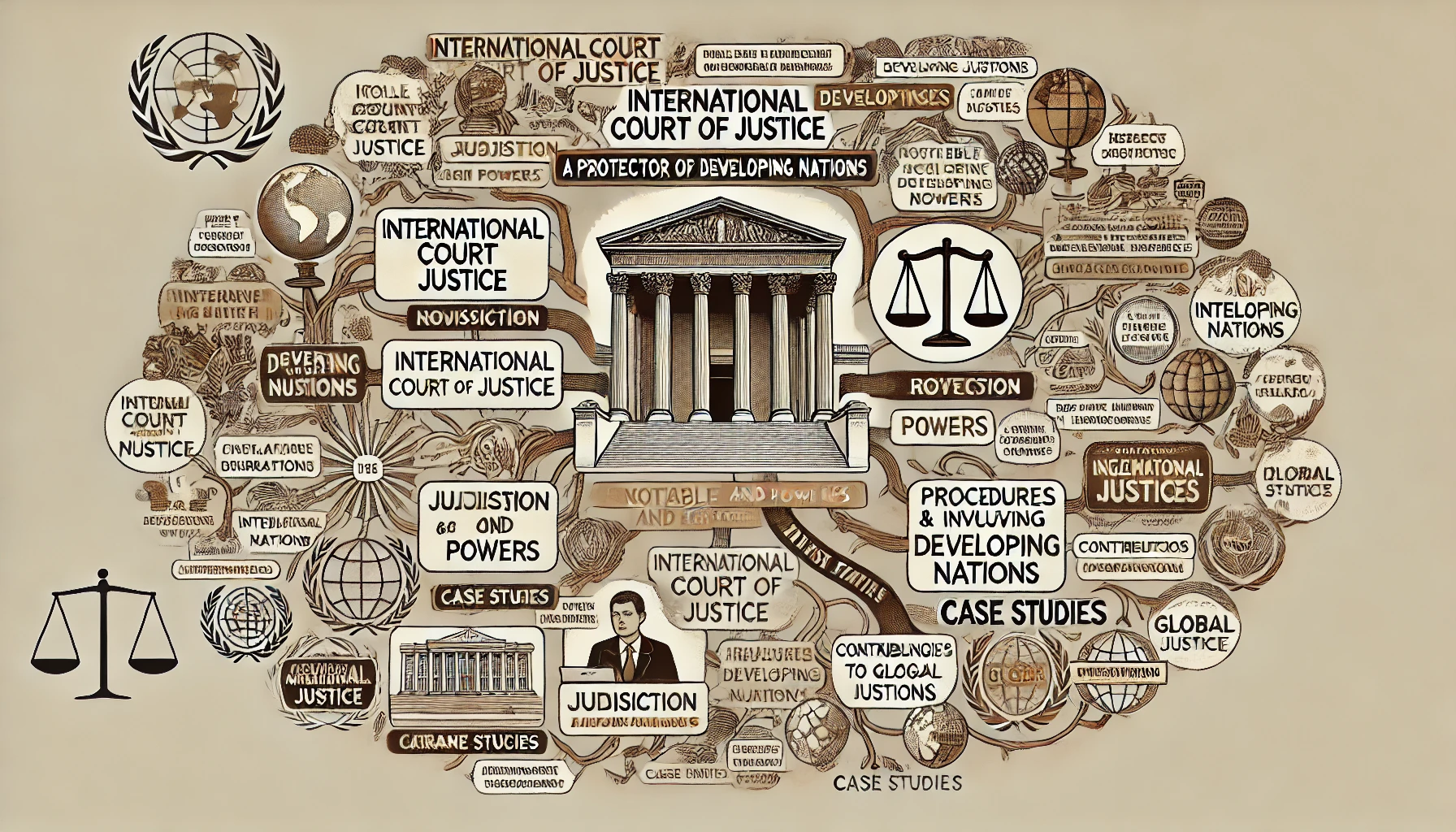
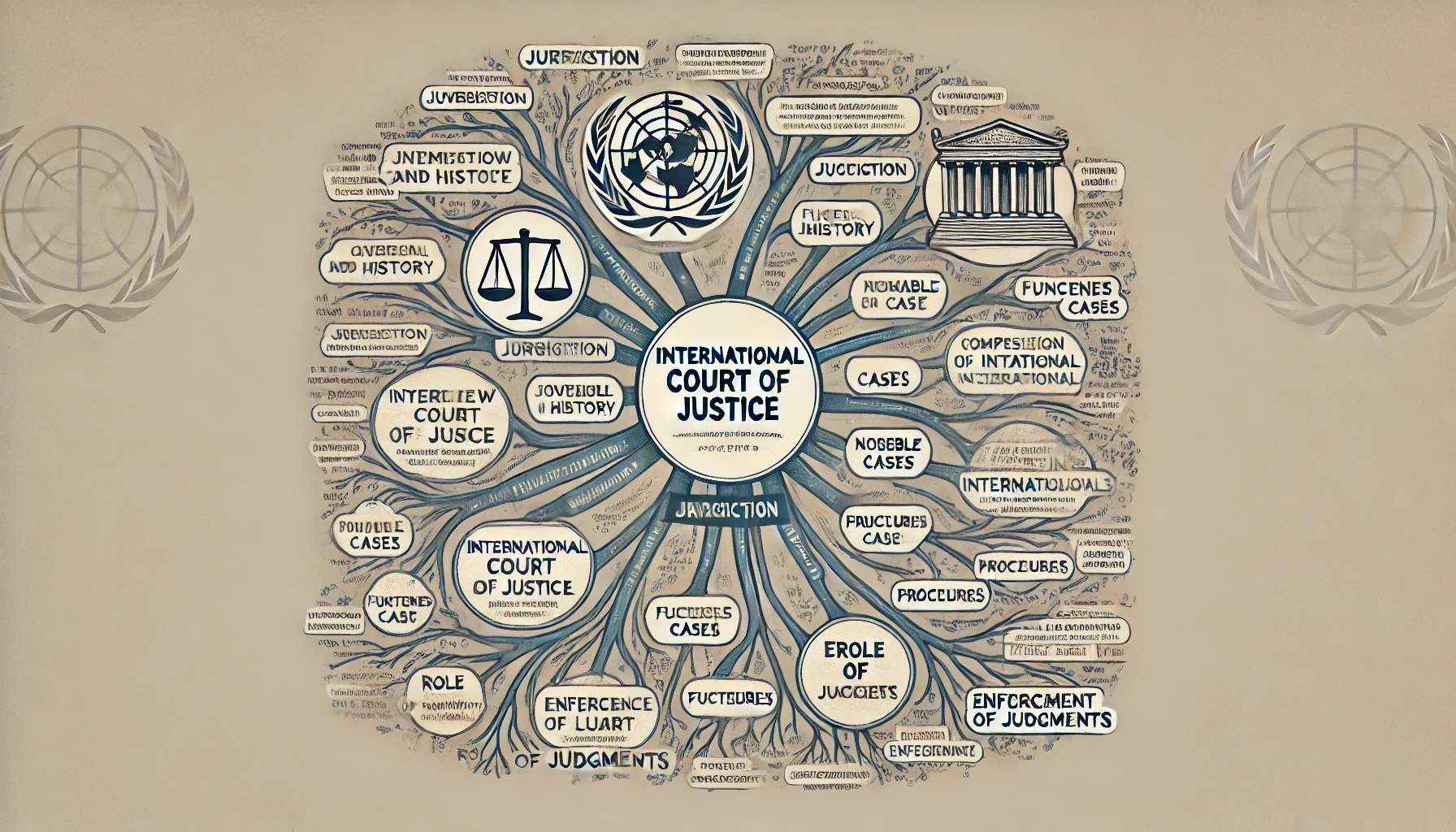
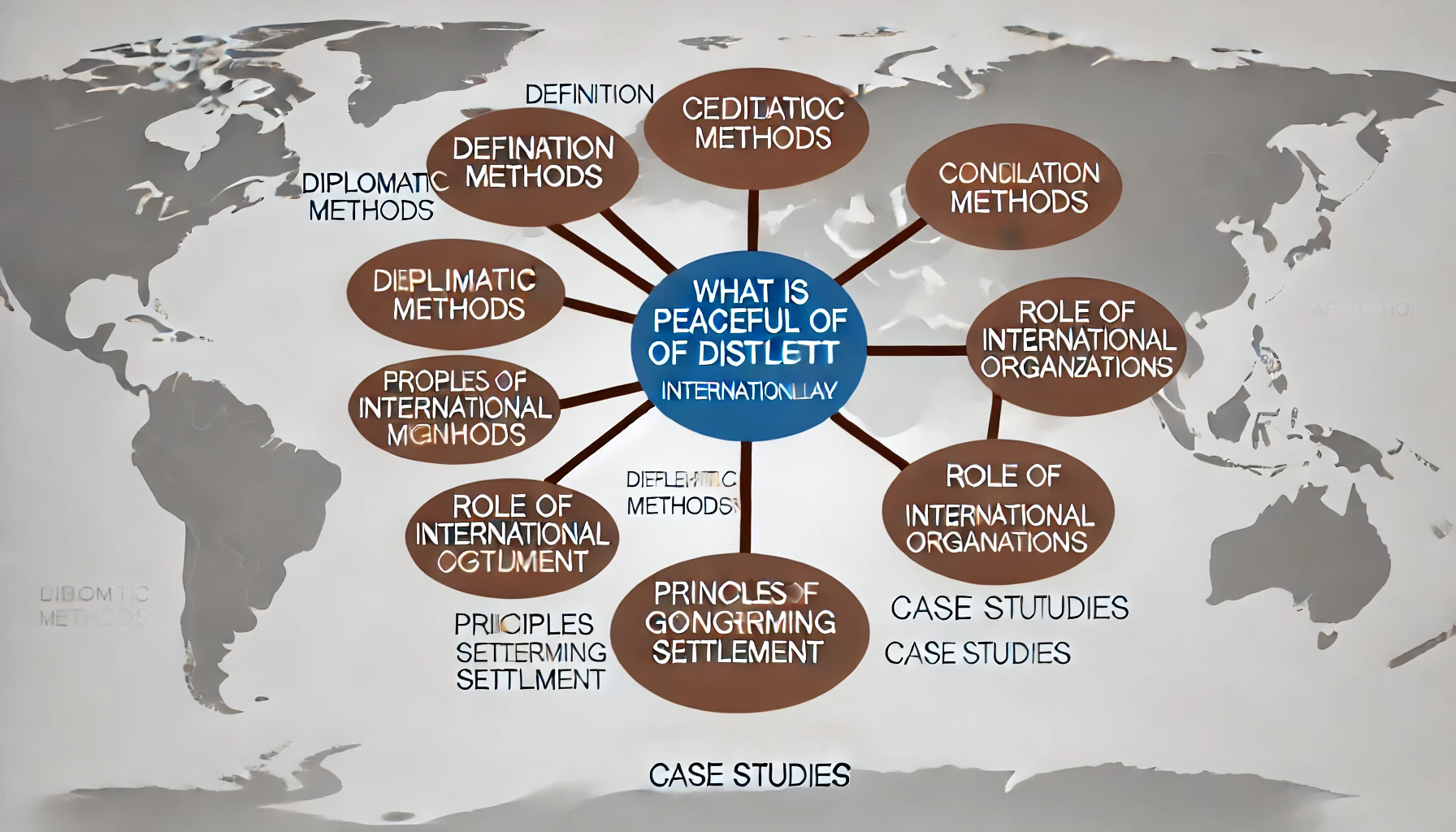

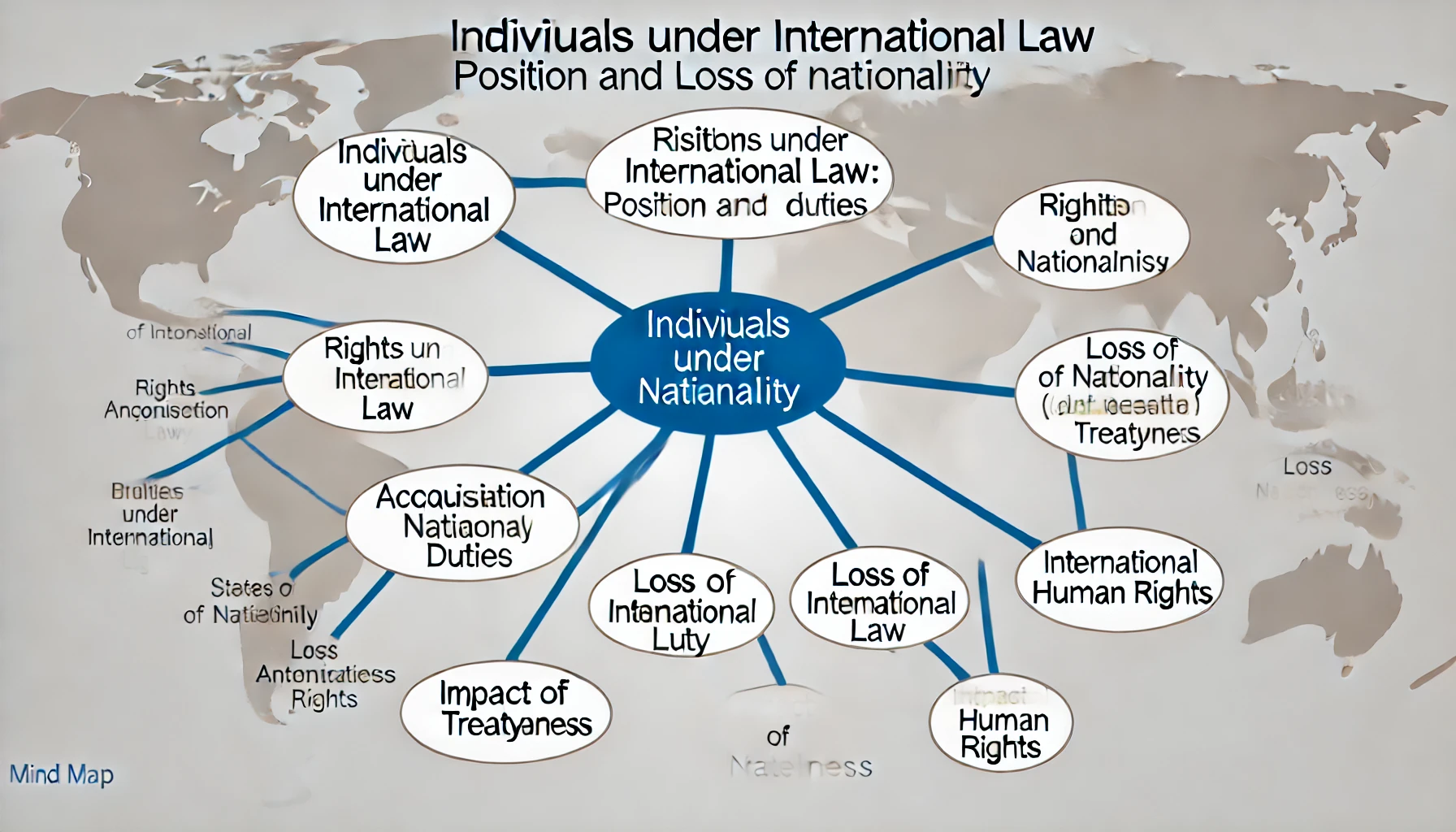
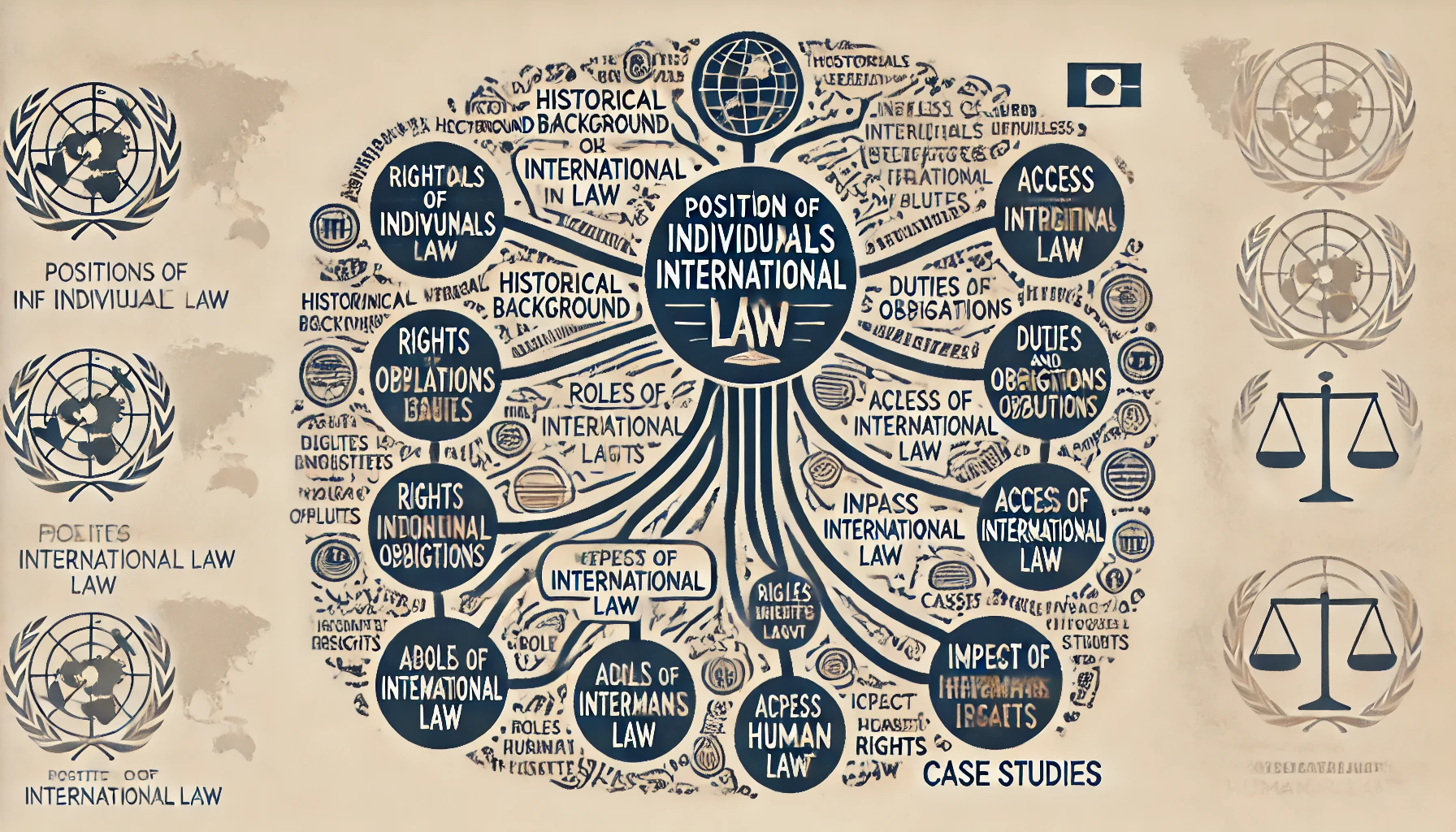



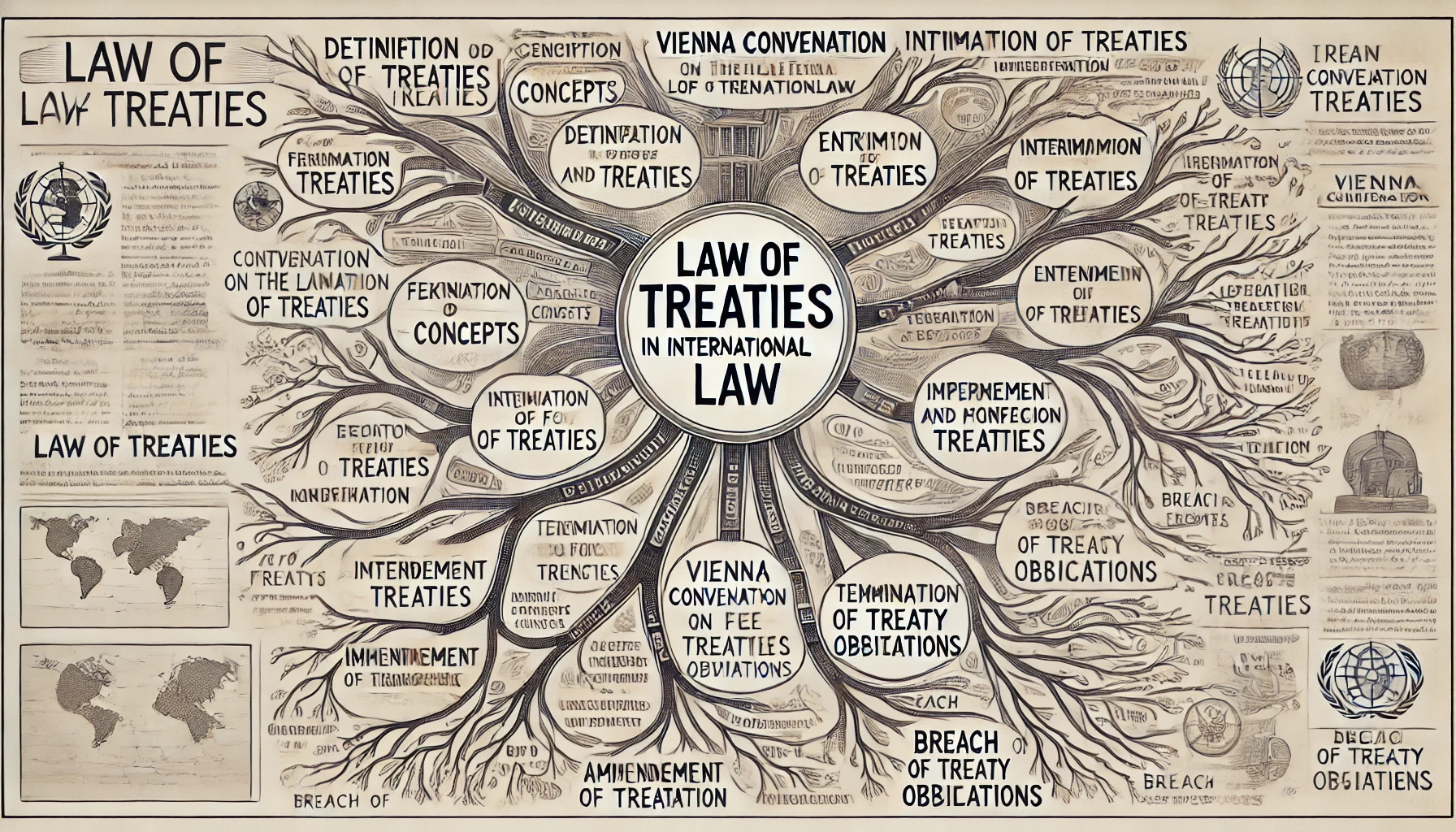
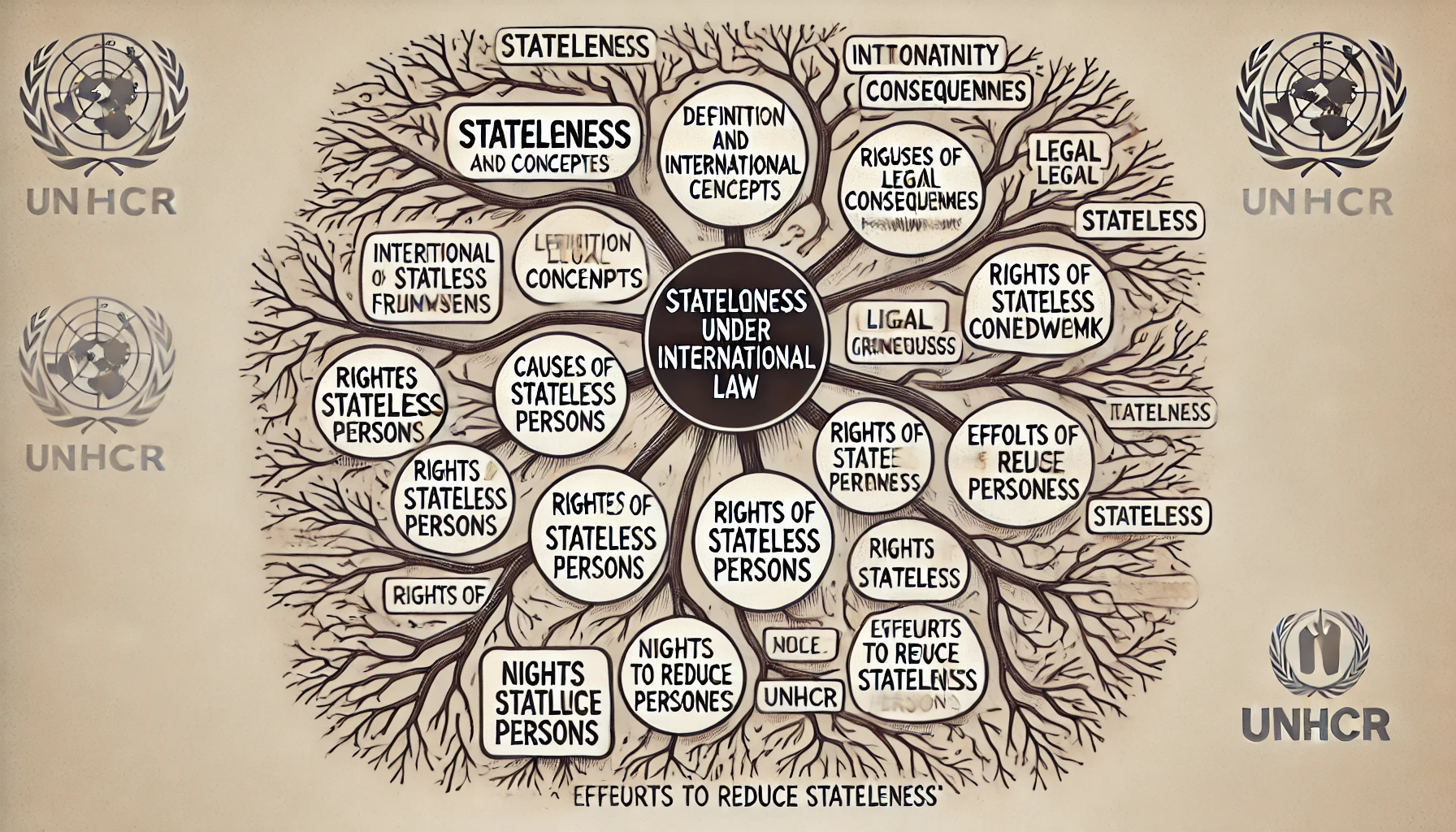
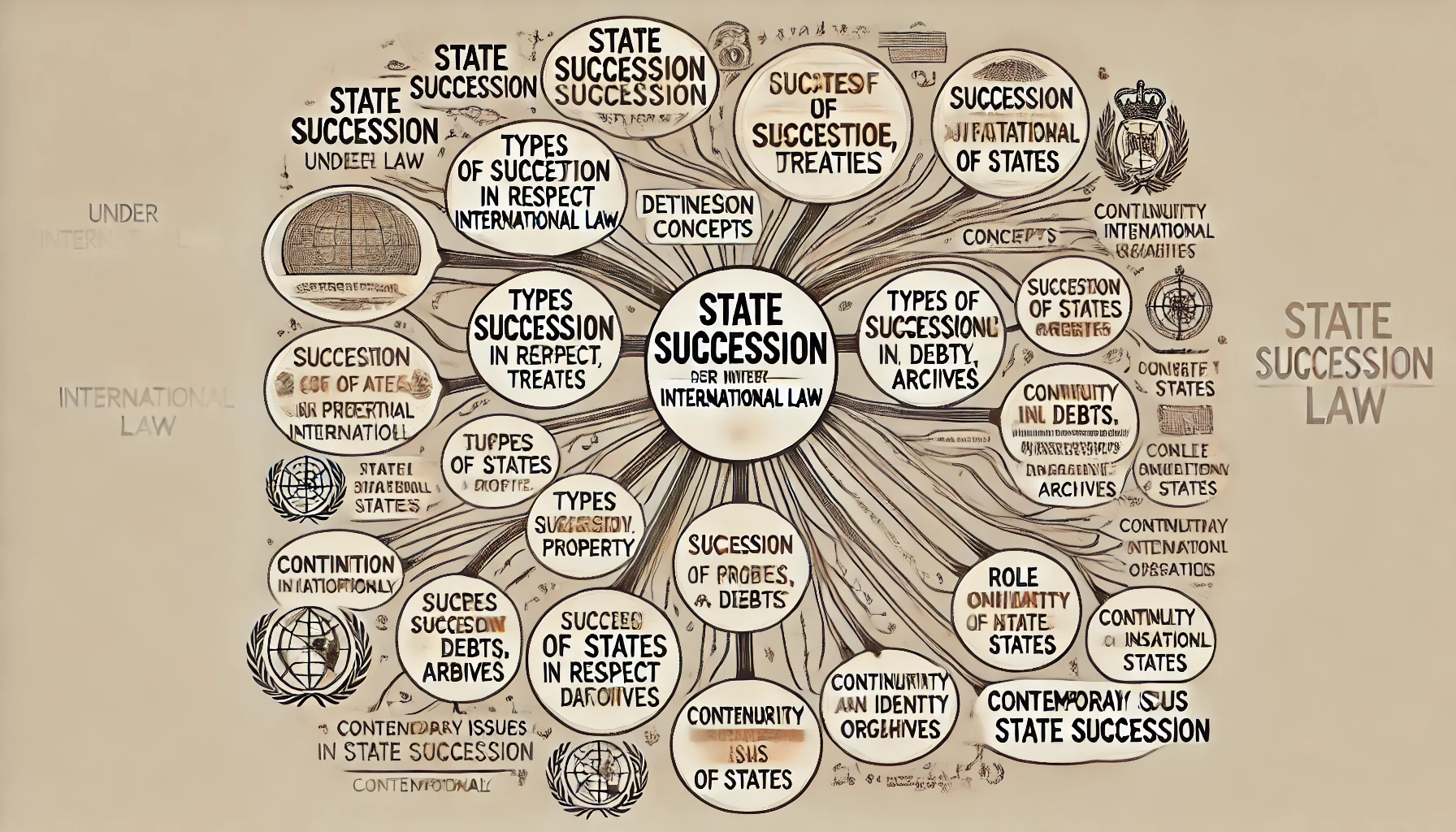


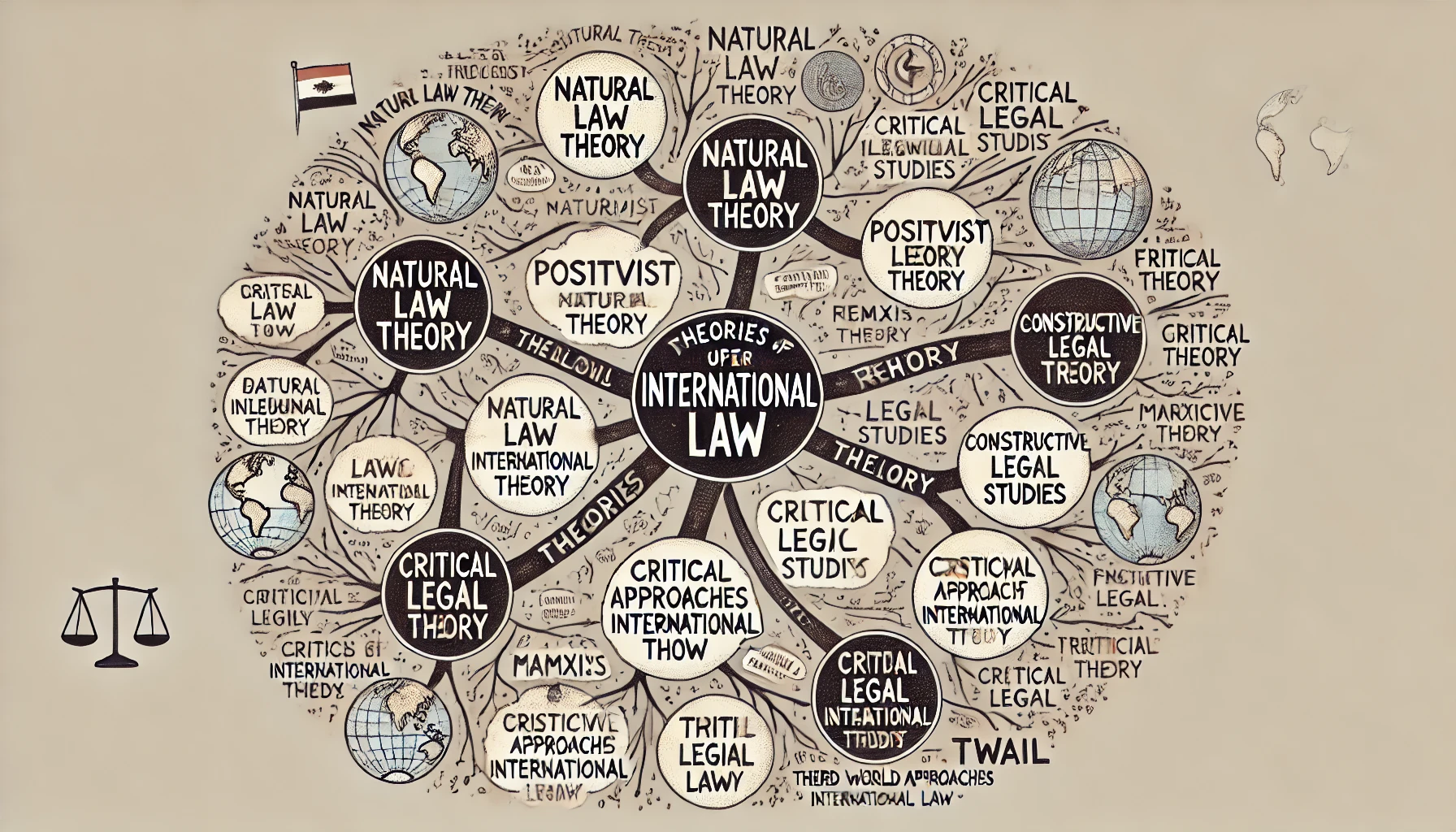
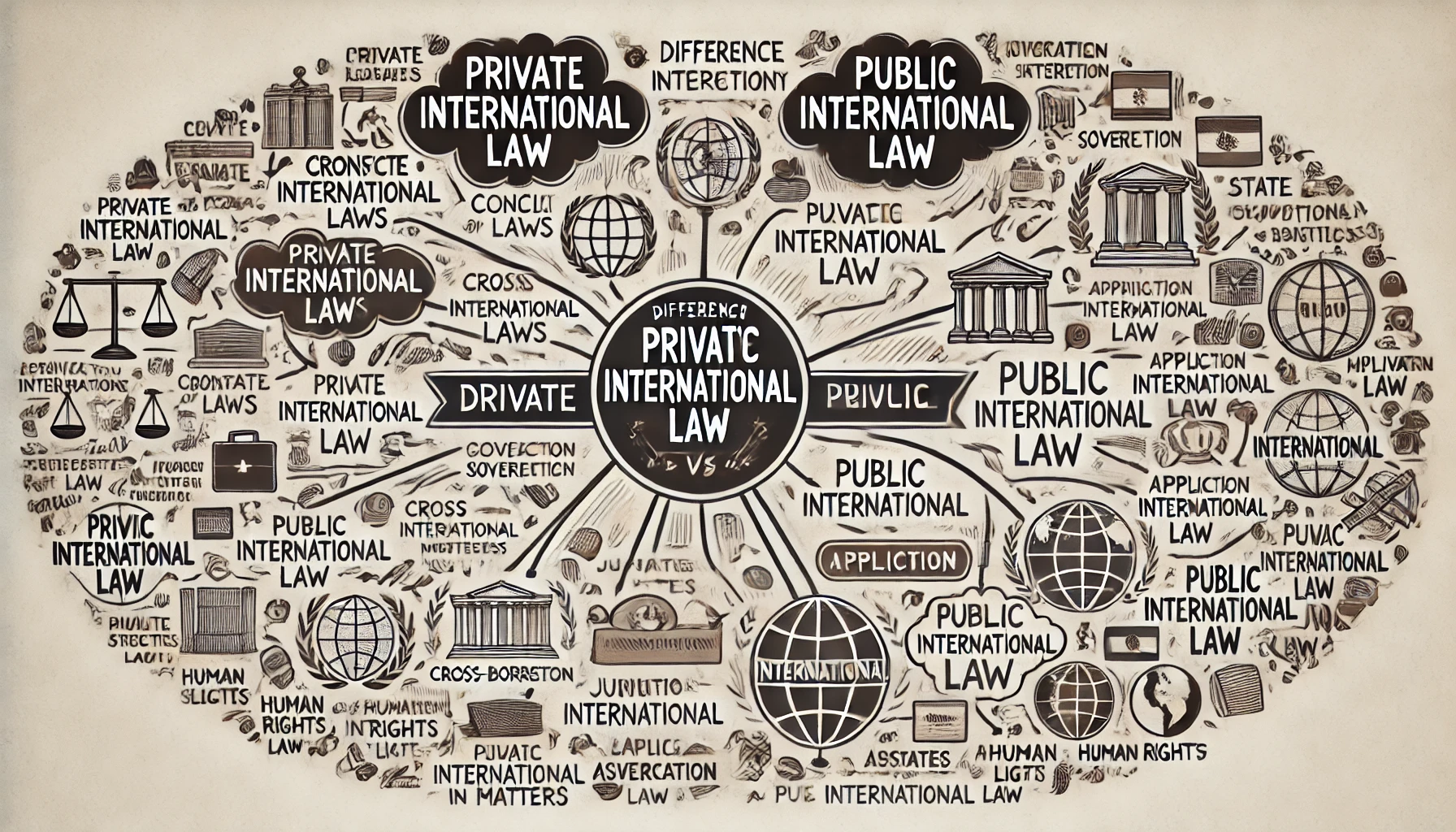
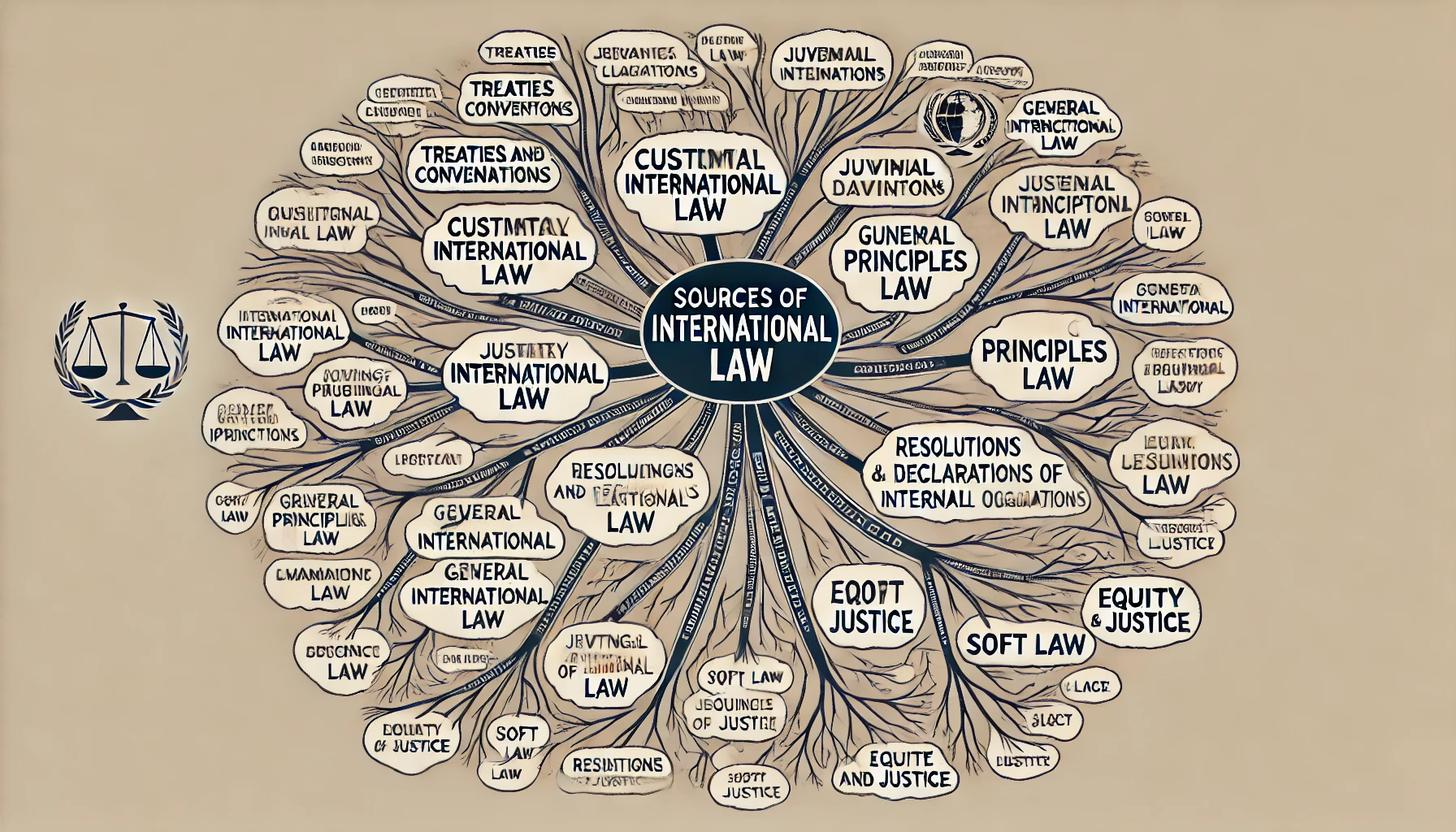
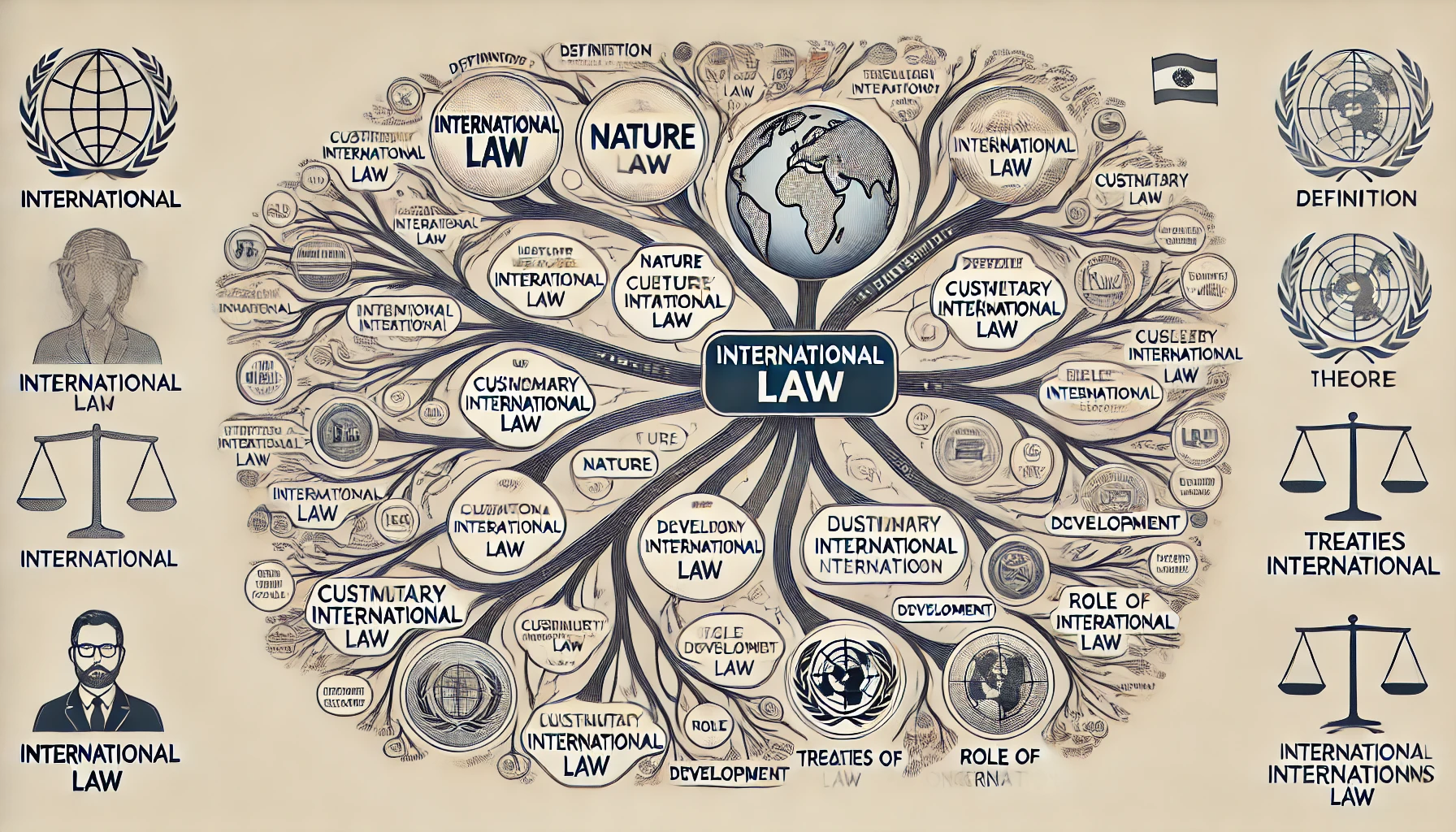
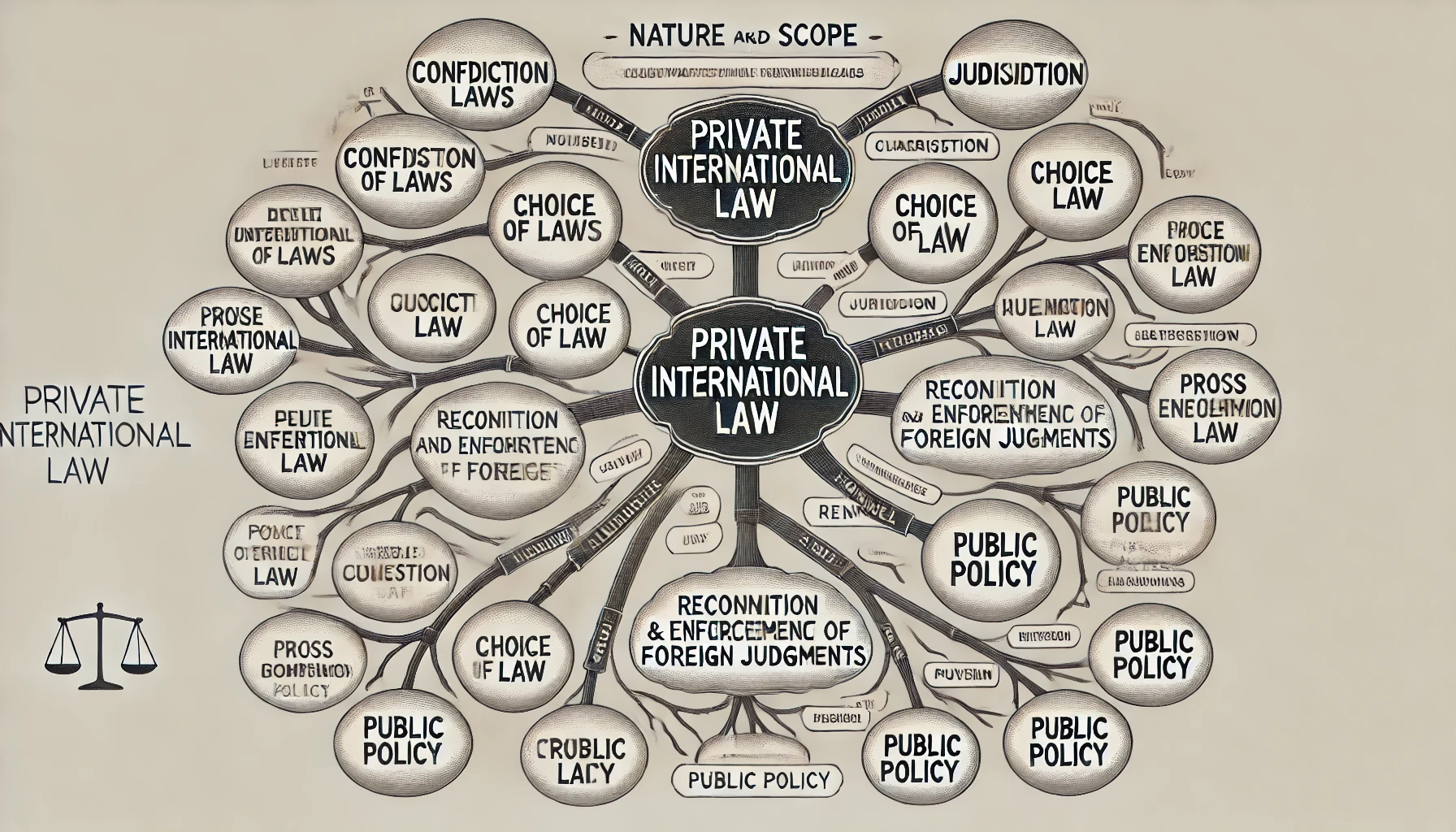


































































































Comment
Nothing for now